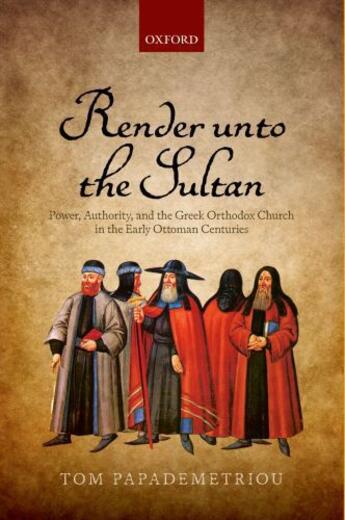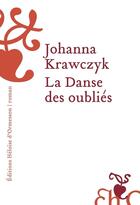-
Nombre de pages : (-)
-
Collection :
(-)
-
Genre :
(-)
-
Thème :
Non attribué
-
Prix littéraire(s) :
(-)
Résumé:
The received wisdom about the nature of the Greek Orthodox Church in the Ottoman Empire is that Sultan Mehmed II reestablished the Patriarchate of Constantinople as both a political and a religious authority to govern the post-Byzantine Greek community. However, relations between the Church... Voir plus
The received wisdom about the nature of the Greek Orthodox Church in the Ottoman Empire is that Sultan Mehmed II reestablished the Patriarchate of Constantinople as both a political and a religious authority to govern the post-Byzantine Greek community. However, relations between the Church hierarchy and Turkish masters extend further back in history, and closer scrutiny of these relations reveals that the Church hierarchy in Anatolia had long experience dealing with Turkish emirs by focusing on economic arrangements. Decried as scandalous, these arrangements became the modus vivendi for bishops in the Turkish emirates.
Primarily concerned with the economic arrangements between the Ottoman state and the institution of the Greek Orthodox Church from the mid-fifteenth to the sixteenth century, Render Unto the Sultan argues that the Ottoman state considered the Greek Orthodox ecclesiastical hierarchy primarily as tax farmers (mültezim) for cash income derived from the church's widespread holdings. The Ottoman state granted individuals the right to take their positions as hierarchs in return for yearly payments to the state. Relying on members of the Greek economic elite (archons) to purchase the ecclesiastical tax farm (iltizam), hierarchical positions became subject to the same forces of competition that other Ottoman administrative offices faced. This led to colorful episodes and multiple challenges to ecclesiastical authority throughout Ottoman lands.
Tom Papademetriou demonstrates that minority communities and institutions in the Ottoman Empire, up to now, have been considered either from within the community, or from outside, from the Ottoman perspective. This new approach allows us to consider internal Greek Orthodox communal concerns, but from within the larger Ottoman social and economic context.
Render Unto the Sultan challenges the long established concept of the 'Millet System', the historical model in which the religious leader served both a civil as well as a religious authority. From the Ottoman state's perspective, the hierarchy was there to serve the religious and economic function rather than the political one.
Donner votre avis














